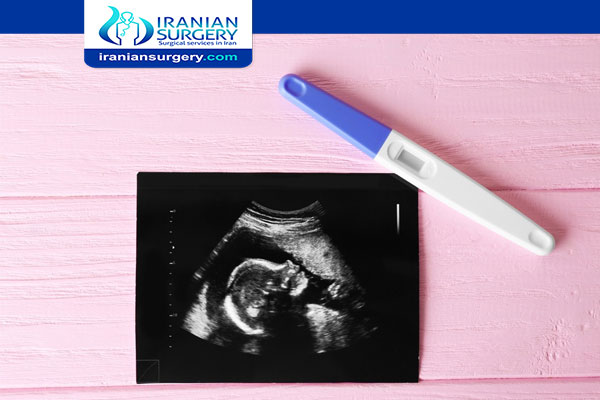Things to Avoid after IUI
What to Avoid after IUI Procedure?
Following are some of the things you must avoid after your IUI treatment:
. Do not take any pain relievers
You may feel cramps and pain after the IUI treatment, which is very normal. Painkillers, on the other hand, should be avoided at all costs. However, if your pain is unbearable, you can take painkillers but after consulting your doctor. Remember, taking pain relievers can reduce your chances of having a successful IUI procedure.
Read more about : 2nd iui success rate
Read more about : What are the symptoms of a successful IUI?
Read more about: Does urine kill sperm in male urethra?
Read more about: How many days after period is frozen embryo transfer?
. Do not take stress
Taking stress after IUI care is the worst thing you can do. It affects the balance of hormones in your body, which influences your chances of having a successful pregnancy. Remember, most couples are unable to conceive in the first, so don’t worry. You can go for another attempt if the first one fails.
. Avoid lifting heavy weight
Do not lift something too heavy. It’s one of the most essential things to avoid because it can cause cramps and even damage the uterus’ lining.
. Avoid swimming
Even though swimming has no direct relation to an IUI treatment’s effectiveness, it must be avoided for 48 hours after insemination. Pool water must be avoided at all costs because it has a high risk of causing infections.
Read more about : What are the Biggest Differences between IUI and IVF?
. Do not expose yourself to harmful radiation
Avoid workplace risks and radiation exposure. You should stop handling chemicals and high-radiation equipment after IUI treatment. Long periods of exposure to direct sunlight or heat can also minimize the chances of becoming pregnant.
. Do not smoke or consume alcohol
Smoking, drinking or drug abuse can cause miscarriages and pregnancy complications. You must prevent them even after conception because they may cause deformity or abnormal growth in your baby.
Things to adopt after an IUI treatment
Following your IUI procedure, there are a few things you could do. These measures could help you increases your chances of a successful pregnancy:
. Rest
After the sperms are inserted into the uterus, your doctor will ask you to rest for a few minutes. Take full rest for a few days after you’ve been discharged from the clinic to prevent pain. It’s best if you keep any household or work travel to a minimum. Also, if you encounter any discomfort or anxiety, get some rest right away.
. Eat a healthy diet
Following the IUI method, the doctor will advise you to eat a healthy and balanced diet. To encourage fertilization, it’s best if you remain fit and healthy. A balanced diet can provide all the necessary nutrients for IUI success. Consume vitamin D-rich foods to improve the chances of becoming pregnant.
Read more about : Foods that heal fissures
. Maintain a positive mindset
IUI treatment failure can be caused by stress and anxiety. It would be best if you always kept a positive mindset. Some internal functions and hormone release after IUI treatment are affected by your mental health. As a result, it would be beneficial if you stay mentally fit. Participating in productive work can assist you in preventing negative thoughts.
. Do light exercise
You may begin doing exercises after a few days of insemination. It would improve blood flow to the uterus and other reproductive organs. After a few days of rest, we recommend doing stretches and yoga.
. Pay a visit to the doctor
Your doctor may need to test your hormone levels as well as your chances of becoming pregnant. It allows them to help you by providing hormonal support and improve the success rate of IUI. The right thing to do after a week of insemination is to see your specialist. They will also instruct you on how to confirm your pregnancy.
. Take prescribed medicines
Your doctor may prescribe some medications to increase the chances of fertilization. Make sure you follow the doctor’s instructions and take the drug as prescribed.
Always remember to follow the advice given by your specialist. Depending on your health, your specialist can provide you with some other suggestions as well. They will guide you through the procedure and provide you with tips about making the treatment a success.
About Iranian Surgery
Iranian surgery is an online medical tourism platform where you can find the best gynaecologists and obstetricians in Iran. The price of an Infertility treatment in Iran can vary according to each individual’s case and will be determined based on in-person assessment with the doctor.
For more information about the cost of IUI in Iran and to schedule an appointment in advance, you can contact Iranian Surgery consultants via WhatsApp number . This service is completely free.


